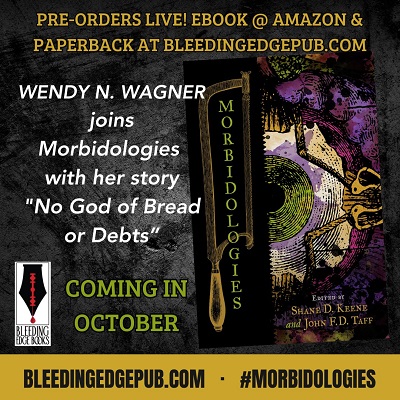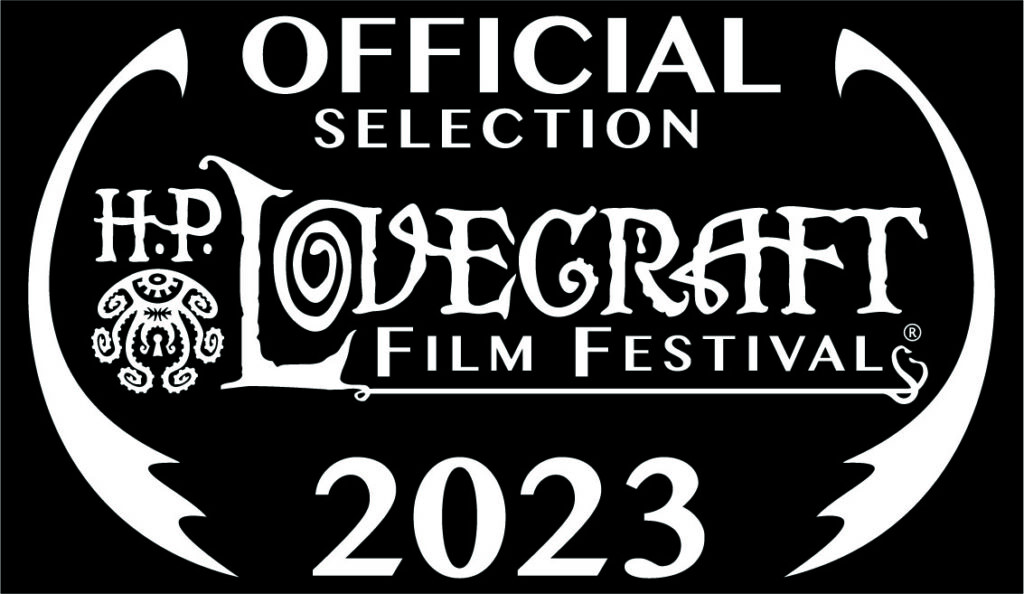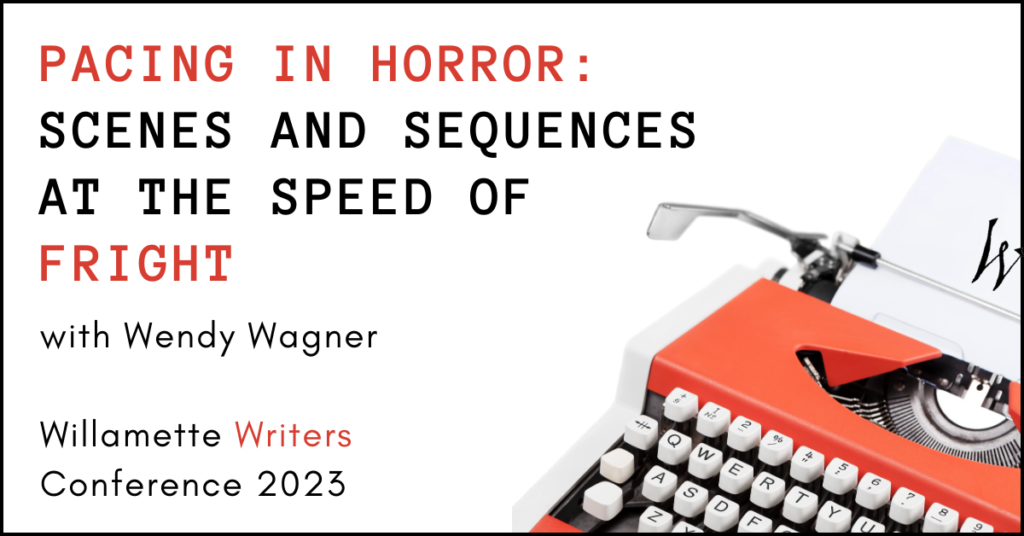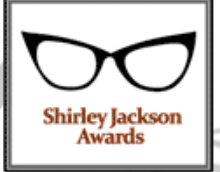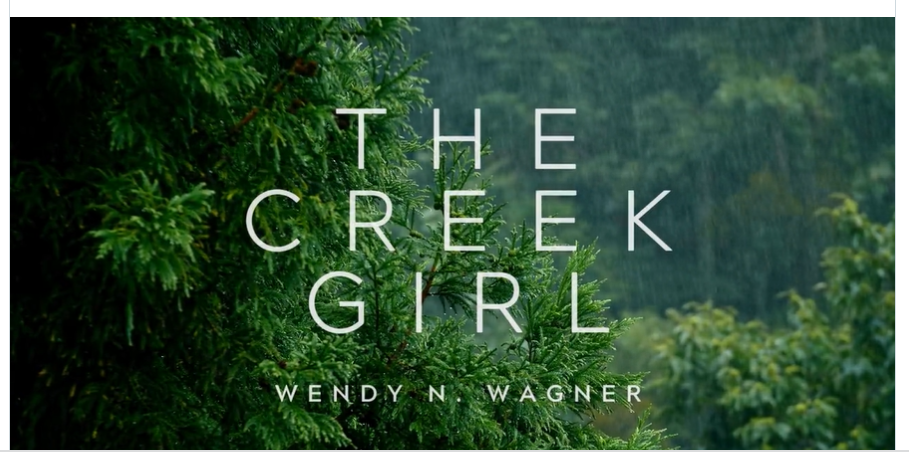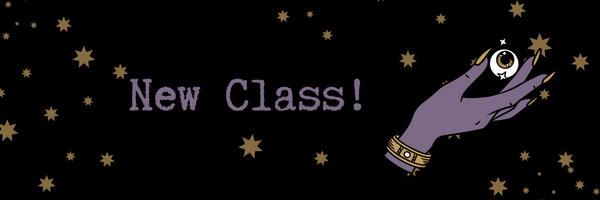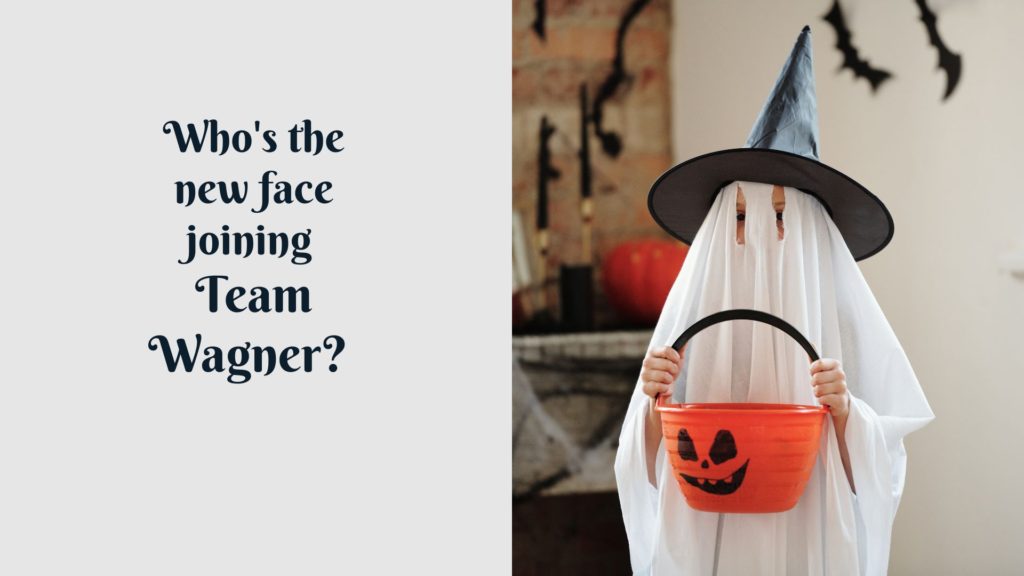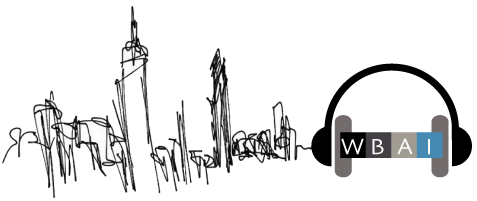Please note: Every editor is different and has different experiences. This note is not about all magazines and all submissions and all genres. It is about me and how I edit at Nightmare Magazine.
Currently at Nightmare Magazine, I use two form rejections for prose submissions. They look like this:
Default:
Thanks for submitting “Submission Title,” but I’m going to pass on it. Best of luck to you placing this one elsewhere, and thanks again for sending it my way.
#2 on the pull-down menu:
Thanks for submitting “Submission Title,” but I’m going to pass on it. We had a good time reading it, but it’s not quite the right fit for me right now. Best of luck to you placing this one elsewhere, and thanks again for sending it my way. I look forward to seeing your next submission!
In general, I try to select the second letter for stories that were read more than once, like if a submission reader bumped the story into my submission pile, or if I started reading the story and thought it could be interesting and saved it for a closer read later. (That said, the first letter is the default letter, so if you get it, there’s always a chance that I mis-clicked on the pull-down menu. It has happened several times.)
I have been working on these letters since John Joseph Adams set me up to accept or reject stories in the submissions engine in mid-2020, and there’s a chance they could still change. I have strongly considered including a link to a picture of a dog hugging a capybara or something equally cute, or maybe a link to a clip from The Big Lebowski, when The Dude says “That’s just, like, your opinion, man,” which is what I say whenever one of my stories gets rejected. At any rate, the letters are a work in progress, and I’ve put a lot of thought into them.
Sometimes I do personalize these letters a little. If I am sending a letter to someone whose name I recognize from previous submissions, or we’ve worked together before, or we get along really well on Twitter, I might put in a note like “I’m so glad I got to see a new story from you!” But that’s about the biggest change I’ll make. It’s not really what you’d call a “personal rejection.”
Here’s a list of all the reasons I don’t send personal rejections (in no particular order):
- I think rejectomancy — the practice of closely examining rejection letters and other available information about the submissions process — is bad for both writers and the business of publishing. It reinforces the idea that creative work can (and should!) be divided into categories like good/bad, skilled/clumsy, publishable/unpublishable, professional/unprofessional, worthy/unworthy. In the age of self-publishing, we’ve all seen those dichotomies are meaningless. There are teens on Wattpad with larger readerships than the biggest magazines in the realm of speculative fiction, and these kids don’t even have copy editors. My judgment about your story doesn’t mean that your story is any less capable of moving a reader. You should not value your story any more or less because it got a rejection from a magazine.
- I do not trust my ability to think on the fly. Like just about everybody else in publishing, I squeeze in reading submissions outside my normal work hours. This means that when I’m reading subs, I am tired and probably cranky that instead of curling up on the couch with my adorable pets, I am doing work. I am also trying to work fast, because there is an endless amount of submissions and emails about submissions. Under those conditions, I’m not sure I could say something intelligent and gracious and kind about every submission, or even just the submissions that are “close but not quite.” In fact, I’m not sure I could even be intelligible.
- Related, but slightly different: I want to introduce the least amount of harm into the submissions experience. I am writing this post in an attempt to rip the secret curtain from the submissions process. In my experience, the submissions process encourages editors to engage with stories in the most facile and superficial ways. The large number of submissions and the constant pressure for a quick response requires this. And this means I miss out on a lot of nuances. I probably misread a tremendous number of things. If I told you why I didn’t like your story, you would probably say to yourself “But that’s not actually what happened in my story,” or “This editor is so stupid!’ and if we ever saw each other in real life, you would harbor great resentment toward me. (I have wasted years loathing submissions readers for this reason, only to finally come to the realization I should be blaming the submissions process). And guess what? The same amount of harm can also be inflicted by positive comments! Trust me when I say that I don’t like making people feel bad.
- At the end of the day, there is nothing I can say about rejecting your story that will make you feel better. Some rejections come for very specific reasons, things like “this amazing story about evil mermaids was 2000 words shorter than this amazing story about evil mermaids.” But does knowing that actually help you feel better? Doesn’t it make you say “Dang it, why didn’t I write a shorter evil mermaid story”? Doesn’t it just make you second-guess the adverb you put in the second sentence of page 2? And as for the 99.9% of the stories rejected for other, more nebulous reasons like “This is good, but it just doesn’t feel very Wendy-ish” or “This is fine, but I just don’t love it and I don’t know why,” or “This is really good, but for some reason I can’t imagine re-reading the 5 times I will have to re-read it during the publishing process,” what would you possibly do with that information? Every editor is different. Heck, the next time the magazine opens to slush, I will be a different Wendy, and I might be hungry for entirely different stories.
So stop worrying about what the rejection letter says about you. Rejection is always about the editor and whatever they’re feeling or needing at that moment.
Now get out there and write your next story!
